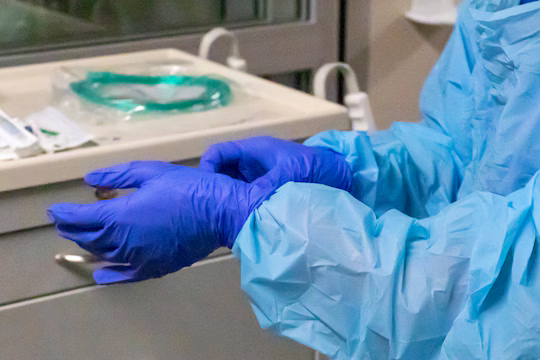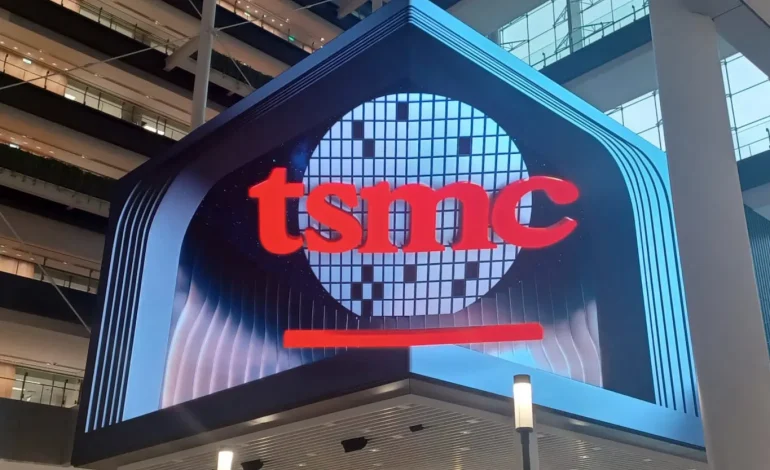In a significant move to bolster the US semiconductor industry, the Commerce Department finalized a $6.6 billion subsidy for Taiwan Semiconductor Manufacturing Company (TSMC) to expand chip production in Phoenix, Arizona.
This landmark investment under the 2022 CHIPS Act will fund TSMC’s cutting-edge facilities, including a second factory to produce the world’s most advanced 2-nanometer chips by 2028. Yet, this development arrives just weeks before President-elect Donald Trump, a vocal critic of the CHIPS Act, prepares to take office.
President-elect Trump has expressed strong disapproval of the CHIPS Act, describing it as a “bad deal” during an October podcast interview. He argued that pouring billions into subsidies for wealthy corporations undermines fair market competition and fails to prioritize American companies. Trump’s “America First” philosophy emphasizes creating policies that directly benefit domestic manufacturers and reduce dependency on foreign entities.
Trump’s incoming administration has signaled its intent to review or repeal aspects of the CHIPS Act, which was designed to jumpstart semiconductor production in the US and reduce reliance on chips produced in Asia. While the TSMC subsidy is locked in due to the finalized agreement, the fate of similar awards to other companies, including Intel, Samsung, and Micron, may face reevaluation.
Despite Trump’s critiques, the TSMC investment reflects the company’s commitment to advancing US semiconductor capabilities. TSMC CEO C.C. Wei praised the partnership, stating that the subsidy will enable the company to “accelerate the development of the most advanced semiconductor manufacturing technology available in the US.”
The Phoenix facility, part of a $65 billion investment, represents the largest foreign manufacturing initiative in US history. It includes advanced chip-making capabilities critical for powering artificial intelligence systems and bolstering national security. Commerce Secretary Gina Raimondo highlighted the project’s significance.
“This will be one of the most important investments we make as a country to advance our economic and national security,” Raimondo stated.
Trump’s approach to semiconductor policy aims to ensure America’s self-reliance in critical technologies while scrutinizing the allocation of taxpayer dollars. The president-elect has called for reforms to ensure subsidies align with his administration’s goals of reducing government waste and prioritizing American innovation.
Trump’s allies argue that revisiting the CHIPS Act would not only save billions but also incentivize domestic companies to lead in semiconductor production. Arizona Governor Katie Hobbs, however, expressed hope that the new administration will recognize the economic and strategic importance of initiatives like the TSMC project.
“Coming from someone with an America-first agenda, this should be right at the top of the list of investments they want to continue,” Hobbs said.
TSMC’s expansion aligns with broader bipartisan efforts to counter Chinese dominance in semiconductor manufacturing. The Commerce Department recently ordered TSMC to halt shipments of advanced chips to Chinese customers, further underscoring the national security dimension of the US semiconductor strategy.
By securing TSMC’s investment and fostering domestic chip production, the US positions itself to outcompete global rivals. However, Trump’s administration may bring new strategies to ensure these efforts align with a fiscally conservative and nationalist vision.









